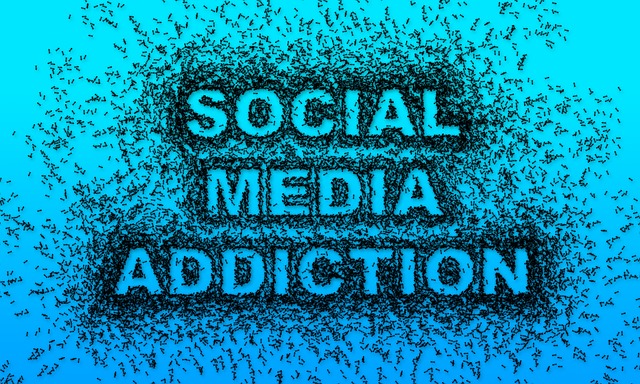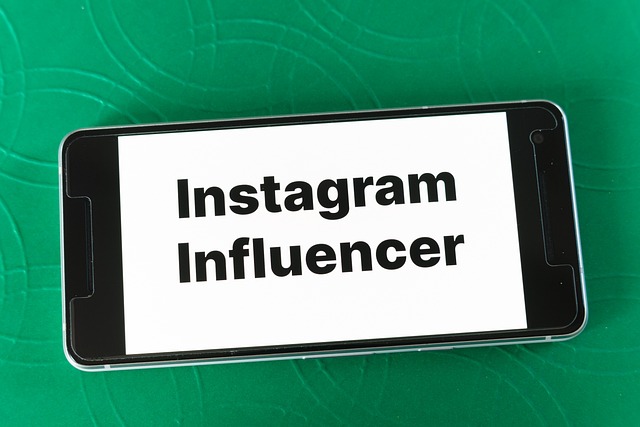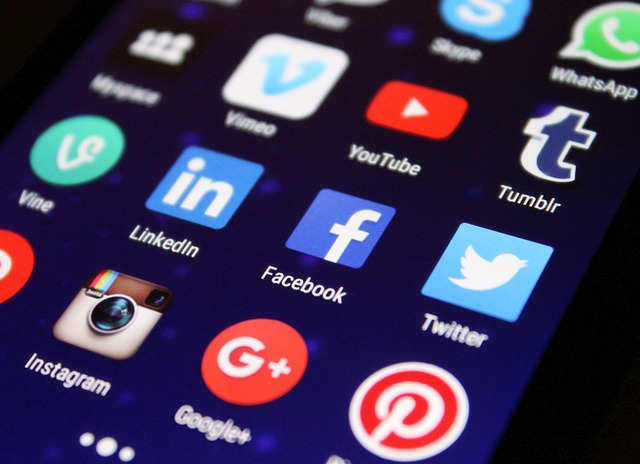In today’s digital landscape, the general image of influencers has become increasingly complex and multifaceted. Social media platforms empower individuals to reach vast audiences, blurring the lines between personal branding and commercial endorsements. The phenomenon of influencers is not just about vanity metrics; it’s a cultural shift that impacts how society perceives and engages with reality.
Social media has dramatically affected interpersonal relationships and self-image. With influencers showcasing curated lifestyles, their followers often grapple with feelings of inadequacy and aspiration. Consider the picture-perfect lives projected on Instagram—beautiful settings, thriving careers, and seemingly flawless physiques. These images can warp perceptions of normality and success, leading to a skewed understanding of what genuine happiness entails.
Furthermore, the impact of influencers goes beyond the individual. Brands are increasingly leveraging this new wave of marketing. The general image of influencers dictates consumer behavior, as partnerships with popular figures can drive sales and shape brand loyalty. This has led to a symbiotic relationship where influencers gain credibility while brands seek validation through the influencer’s social proof. The authenticity that followers seek, however, is often challenged by the commercial nature of these alliances, creating a tension that can sometimes alienate audiences.
Moreover, social media allows influencers to become voices on social issues, from sustainability to mental health advocacy. While this can foster a sense of community and shared purpose, it can also result in superficial engagement. Hashtags and viral challenges, while well-intentioned, often lead to performative activism rather than genuine action. This paradox highlights the duality of social media’s influence, where it can be a force for good but also a vehicle for diluted messages.
As we navigate this influencer-driven culture, it’s crucial to critically assess the content we consume. The general image of influencers should not be taken at face value. Many influencers invest time and effort into crafting their narratives, but an undercurrent of authenticity is often missing. Followers must discern which influencers are genuine and which are merely capitalizing on trends. This evaluation process invites individuals to engage more thoughtfully with the content, fostering a healthier online environment.
In essence, the rise of influencers represents a broader social media impact that transcends marketing. It’s a reflection of our collective aspirations, insecurities, and values. As we move further into this digital age, understanding the dynamics of the influencer landscape will be critical in shaping our interactions and expectations in both online and offline realms. Let’s embrace a more nuanced understanding of what’s behind the screens and the genuine human experiences they can either enhance or obscure.




